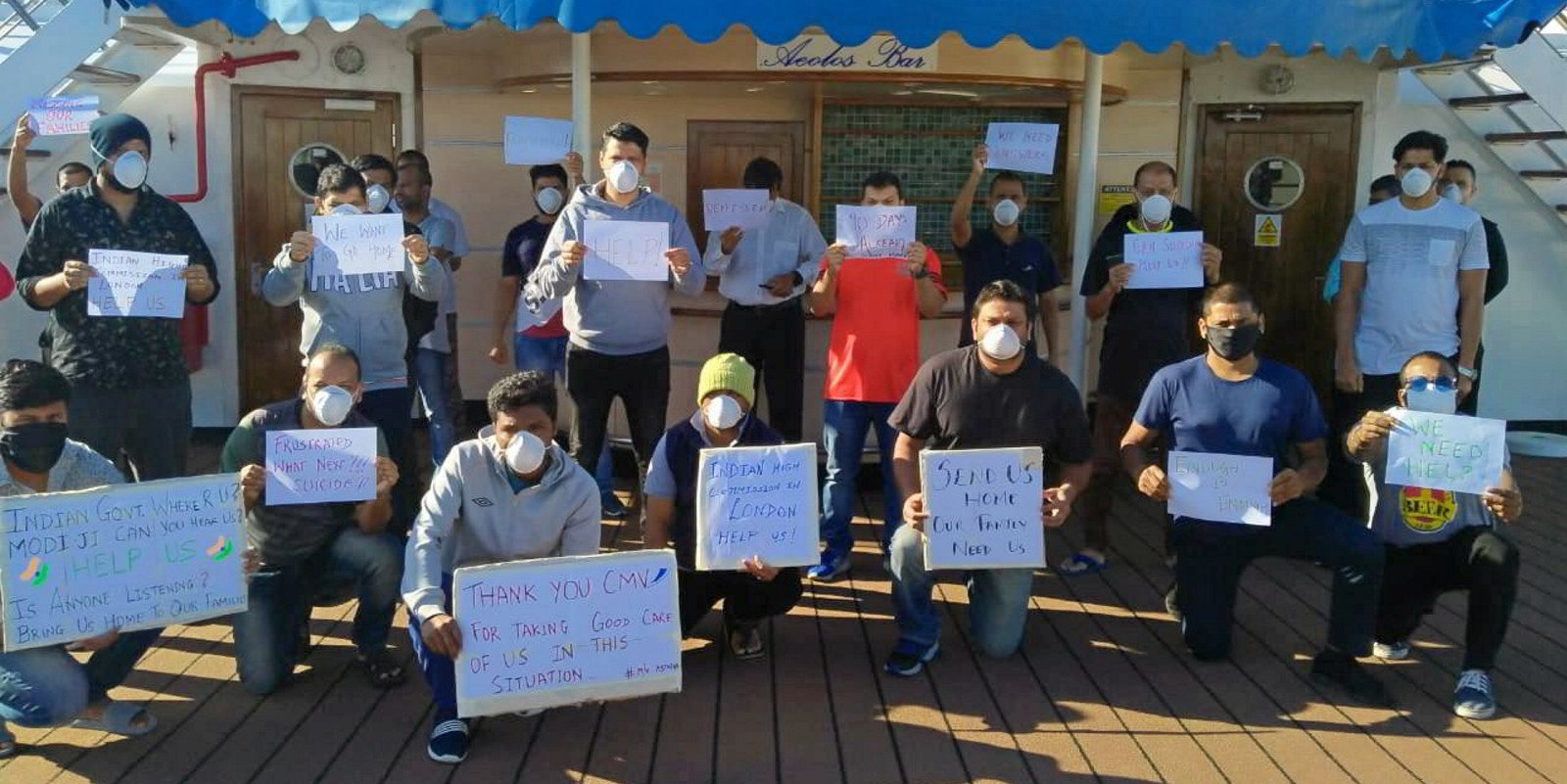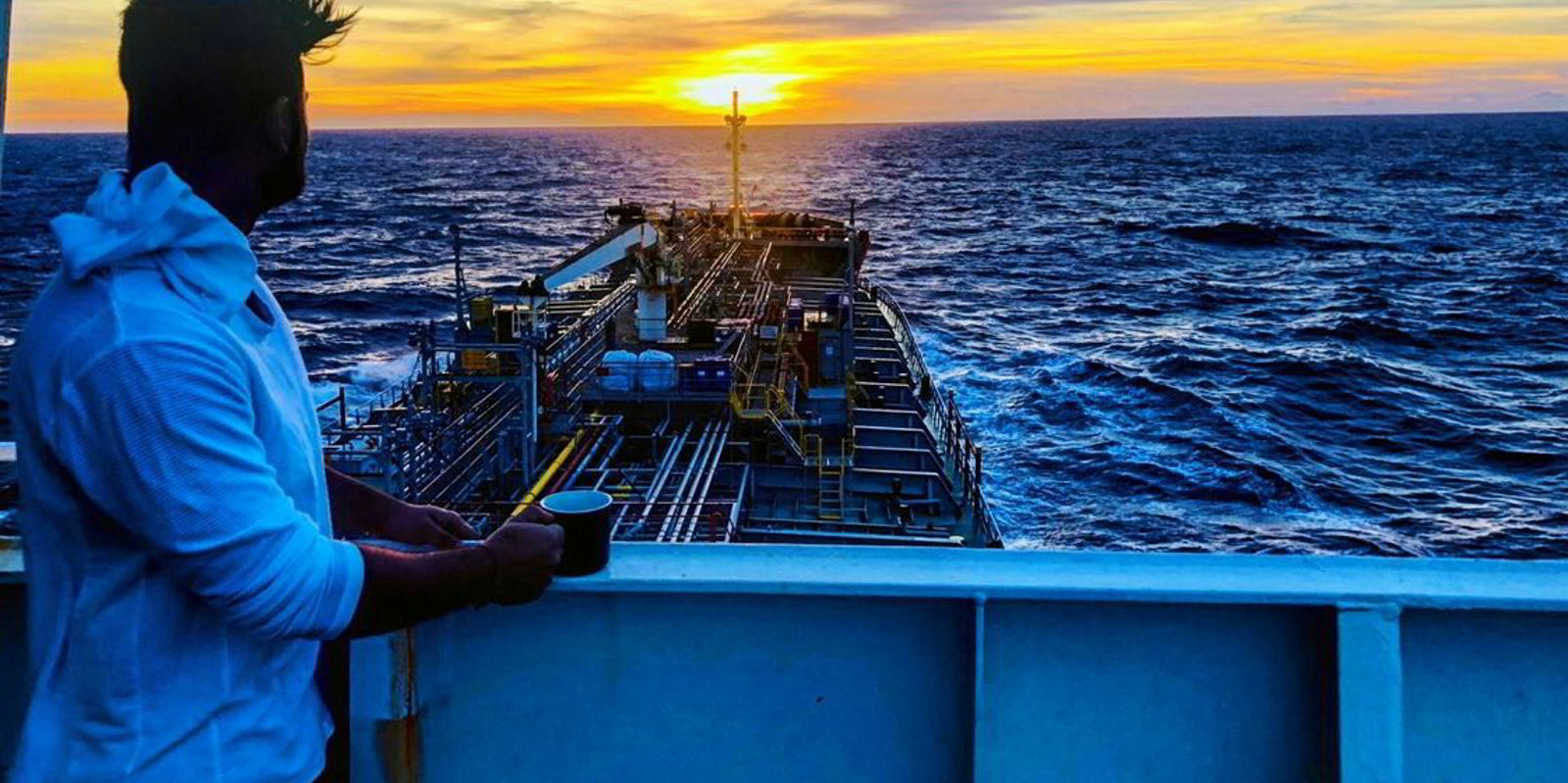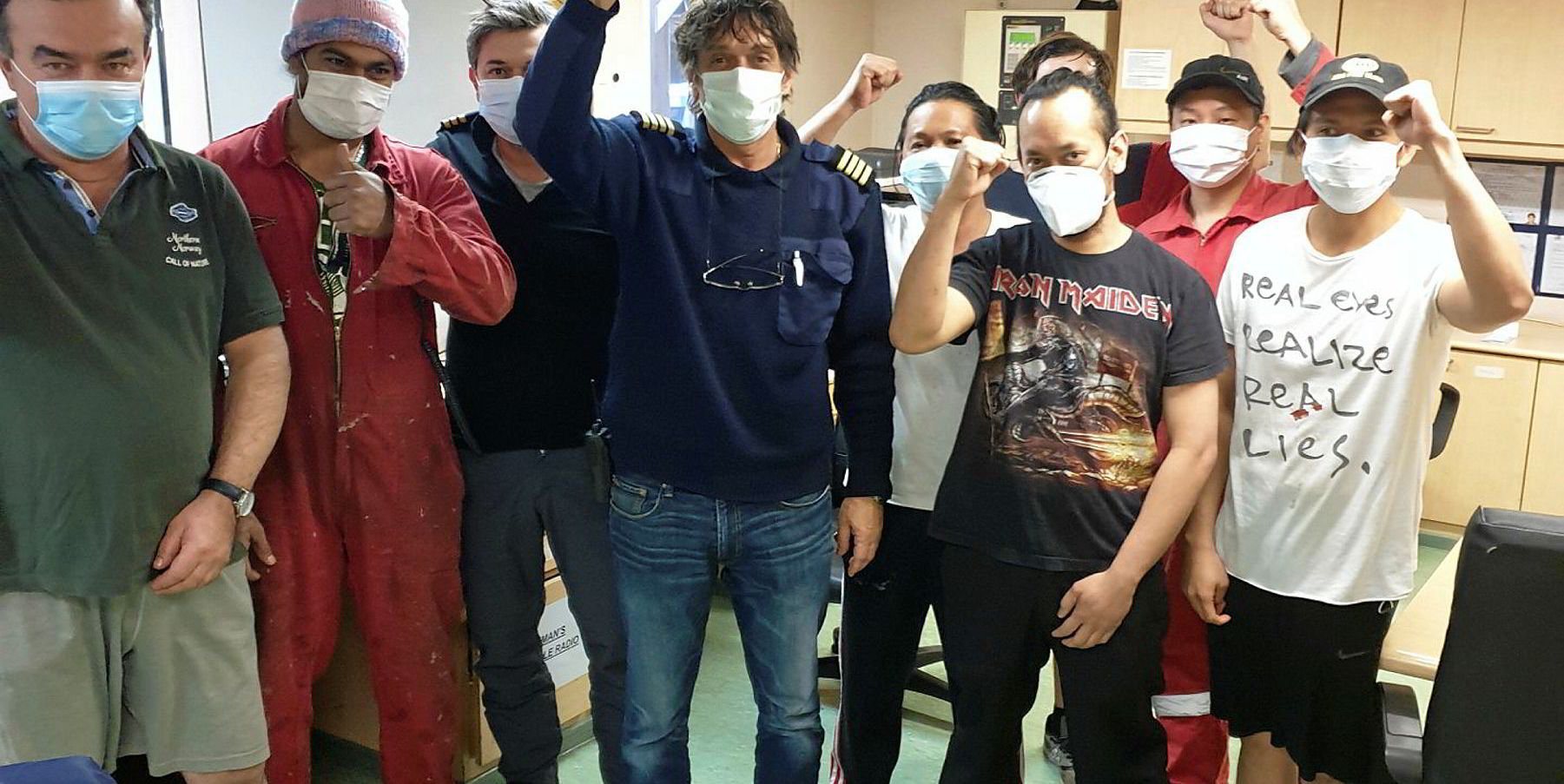If anything positive has come out of the pandemic it is the strong voice that seafarers are using to fight back against the unacceptable conditions they are forced to endure.
They are the shipping industry's workers who have suffered the most from the virus crisis, stuck on ships for months after their contracts have expired, many even without wages.
The seafarer's have hit back with industrial action and social media campaigns and they have called for help at ports where there are people with enough clout to get their concerns heard and addressed.
For far too long they have been dismissed as dispensable.
There are many shipowners and ship managers who value their seagoing staff and treat them well, but there are also plenty who regard them merely as cheap, exploitable labour.
This exploitation often begins before seafarers step foot on a ship. It starts with unscrupulous manning agents who charge hefty sums to secure postings on board ships. This is either asked for directly or is cloaked under the guise of fees for an overpriced training course.
Open secret
It is one of shipping’s biggest open secrets, and one that many choose to ignore.
I have met many seafarers from Eastern Europe, India and the Philippines who have explained this system, where they pay to take on seagoing jobs. They feel powerless to change it. They have no choice but to pay up if they want to work.
At a conference several years back, I asked the chairman of an industry body representing the ship management sector what was being done to address this problem.
His response was one of Trumpian proportions.
He blasted me for trying to stir up fake news. There was no such thing happening, he thundered across the room. If I were to make such accusations, he added, I had better come prepared with concrete proof.
The venue was not an appropriate one in which to engage in an argument, so I left him to his fantasies.
Several ship managers attending that conference later took me aside to say they knew it was happening, and there was enough anecdotal to suggest it was widespread.
They claimed they could do little about it beyond shifting to a different agency because seafarers dared not lodge formal reports out of fear of being identified and blacklisted back home.
The lack of job security caused by the contractual nature of seafarer employment terms, together with the risk of being blacklisted, are what has prevented seafarers from being vocal about the deplorable working and living conditions they can, and sometimes do, face.
Careful curators of cruise line brand reputations have watched in horror as crews have outed them online...
From time to time, TradeWinds receives communications from seafarers hoping that some media attention over the untenable situations on board their ships might force someone to shake themselves out of their inertia or denial and do something to help.
The response from their employers is predictable. Complaints are dismissed as the malevolent mudslinging by one or more “disgruntled crew”. Corporate spin doctors then go on to stress how the company values its employees and their safety and well-being are its top priority.
Behind the platitudes, the story is often very different. In one email chain I was accidentally included in, a senior executive ordered a deck officer who had emailed a complaint to TradeWinds to be immediately dismissed and disembarked. He was to be reported to his manning agent as a troublemaker.
Fortunately, this story had a happy ending. The fired officer went on to join a far more reputable company.
Since the onset of the pandemic, many crews have shown themselves as no longer willing to put up with bad employers.
Outed online
The careful curators of cruise line brand reputations have watched in horror as crews have outed them online for keeping employees on board without work or pay after their contracts have expired.
Seafarers on other types of commercial vessels have also shown that when they have got nothing to lose, they are no longer going to be cooperative and quiet.
In recent months, we have seen a growing number of seafarers down tools, call in the International Transport Workers' Federation and have their ships detained or arrested. They too have become vocal online.
The shipping industry’s treatment of its seafarers has clearly pushed them over the edge. This time they are willing to fight back.






